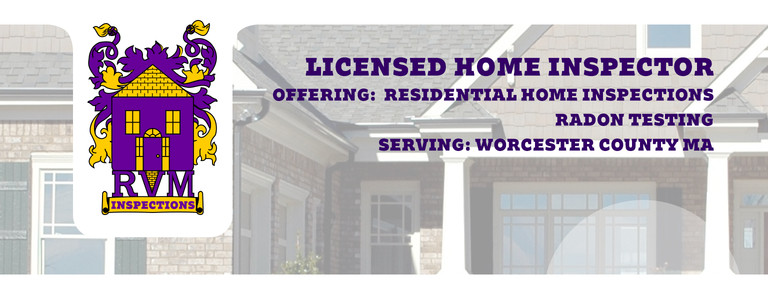 Congratulations on buying your new home! The time has finally arrived to move into your new home and you are filled with excitement. However, you may also be filled with a little apprehension when you think about the mortgage loan closing. Understanding the fees associated with the closing can help ease your mind.
Congratulations on buying your new home! The time has finally arrived to move into your new home and you are filled with excitement. However, you may also be filled with a little apprehension when you think about the mortgage loan closing. Understanding the fees associated with the closing can help ease your mind.
Here are a few fees you may see when closing on your home.
Private mortgage insurance
If you plan to make a down payment of less than 20 percent when you purchase your home, it is likely that your mortgage company will ask you to buy private mortgage insurance, also called PMI. The insurance protects the interest of the mortgage company should you default on your mortgage payments. The good news is that once you have acquired at least 20 percent equity in your home, you can cancel the PMI in most cases. Check with your lender to see if it offers a mortgage option in which it pays your PMI. If you get this option with your home mortgage, you may pay a higher interest rate for your loan.
Points
Paying points at closing is one way you can reduce the interest rate of your loan. Some mortgage companies allow you to finance the price of points with your original mortgage loan. It is also possible that the seller may agree to pay for part or all of the points as an incentive to make a fast sale of the home. Keep track of points paid in closing as they may be tax deductible.
Loan origination fee
Your loan origination fee is the amount your mortgage company charges you for completing all the paperwork involved with closing your loan. This fee may include fees for attorneys, a notary, charges for preparing paperwork, and other similar fees. Loan origination fees can vary by lender. Many times, your lender will reduce these fees if you make a larger down payment.
Escrow funds
Some lenders will require you to place money in an escrow account to cover future expenses such as flood insurance, homeowner’s insurance, or property taxes. This is a way for the mortgage company to protect its interest in the property. If you have an escrow account, your mortgage company will pay the fees when due. You will fund your escrow account during closing.
Good faith estimate
Many other fees may have to be paid at closing depending on the mortgage company. You can find out before your loan closing what these fees will be by asking for the “good faith estimate.” This is a document the lender is required to provide to you that shows all expected closing costs.
Buying a home is exciting but can also be stressful, especially if you do not understand all of the closing costs involved. Your cost in closing fees will vary depending on your mortgage company. You should learn as much as possible about closing fees before buying your home so you will not be faced with unexpected costs during your home mortgage closing.








